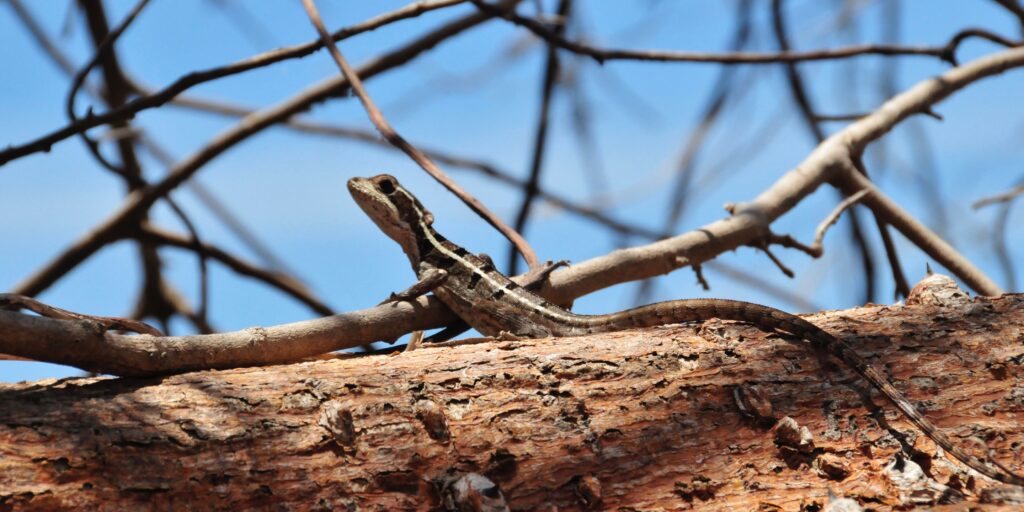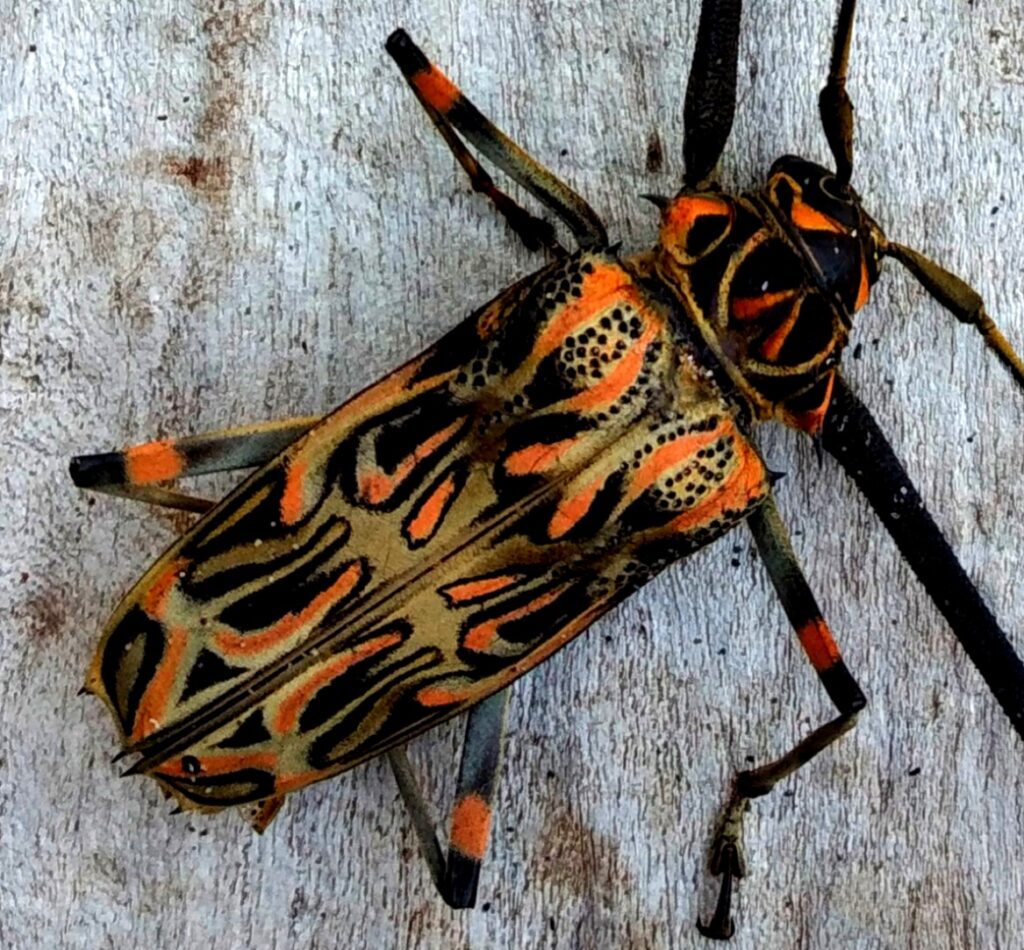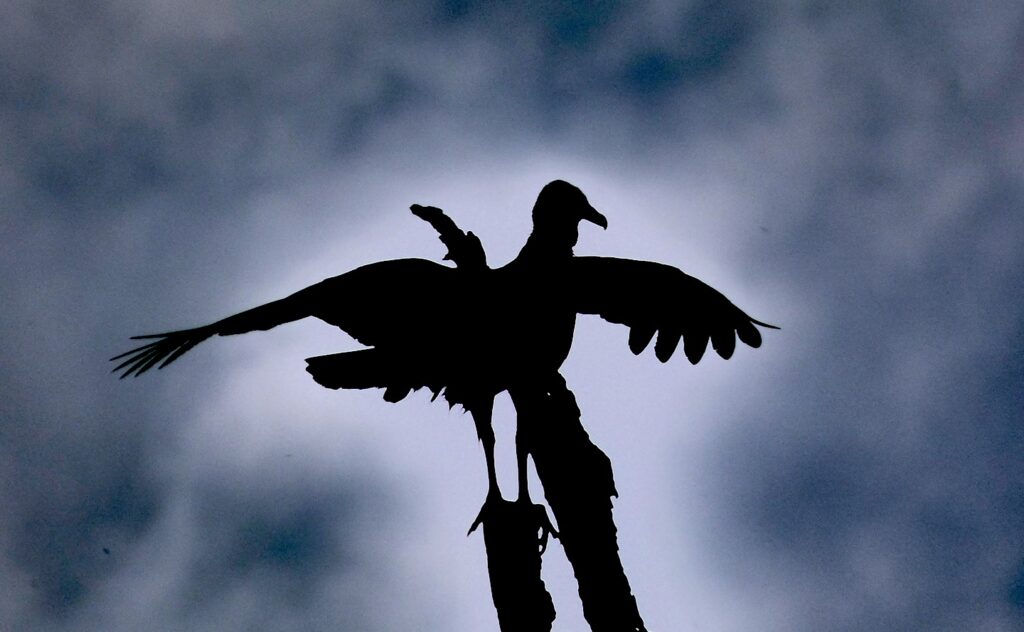
At Harmonia, we believe that nature holds the answers to many of the challenges our planet faces. Nestled within a biodiverse region of Nicaragua, Harmonia offers a unique opportunity for researchers, students, and environmental organizations to engage directly with the ecosystems we strive to protect.
An Invitation to Explore and Study Nicaragua’s Rich Biodiversity
Harmonia is home to an extraordinary array of flora and fauna, some of which remain under-documented and ripe for exploration. Our forests, wetlands, and lakes serve as living laboratories where scientific discovery and conservation efforts come together. From sightings of rare species like the South American Snapping Turtle (Chelydra acutirostris) to the rich birdlife, large mammals, and diverse insect populations, Harmonia offers a rich and varied ecosystem that is ideal for fieldwork, research, and ecological study.
We invite universities, environmental organizations, and students to make Harmonia their base for field studies, ecological research, and conservation projects. Whether you are investigating species behavior, conducting biodiversity assessments, or working on sustainable land management practices, our community is eager to support you.
Collaborate with Harmonia
For environmental organizations or educational institutions, Harmonia presents an opportunity to become a part of something truly special. As we grow, we are looking to partner with like-minded entities who share our vision of sustainability and conservation. By becoming a shareholder in Harmonia, your organization can help further critical research and conservation initiatives while providing your students or members with direct access to field research opportunities in one of the most biodiverse regions of Central America.
Research Opportunities for Students and Scientists
Harmonia is the perfect location for graduate students, researchers, and ecologists to conduct impactful research. We offer:
- A variety of ecosystems: From tropical forests and wetlands to agricultural lands and lake ecosystems, Harmonia provides a broad range of environments for research.
- Rare and under-documented species: Study Nicaragua’s rich biodiversity, including rare species like the margay, puma, and South American Snapping Turtle.
- Community support: Our team at Harmonia is dedicated to facilitating research efforts, offering guidance, logistical support, and local knowledge to help ensure the success of your projects.
- Long-term research possibilities: We welcome ongoing research efforts and hope to serve as a field station for long-term studies that will contribute to both local and global ecological knowledge.
Investing in the Future of Research and Conservation
Environmental organizations and educational institutions are invited to partner with Harmonia as an investor or research sponsor. By contributing to Harmonia, you’ll not only support research and conservation efforts but also help develop the infrastructure necessary to support future generations of scientists, conservationists, and ecological thinkers.
With your partnership, Harmonia could serve as a field station for student internships, research expeditions, or even serve as a base for larger conservation projects that can protect the wildlife and ecosystems of Nicaragua for decades to come.

How You Can Get Involved
- Partner with Harmonia: As a shareholder, your organization can help fund and shape the future of ecological research at Harmonia, creating lasting opportunities for students and researchers.
- Host a Research Expedition: Bring students or researchers to Harmonia for fieldwork and direct engagement with the local environment.
- Internships and Study Abroad Programs: Work with us to develop programs where students can gain hands-on experience in ecological research, permaculture, and conservation practices.
If you’re interested in collaborating with Harmonia or want to learn more about our research opportunities, please contact us. We look forward to building partnerships that foster a deeper connection with nature while advancing ecological knowledge and conservation efforts.
